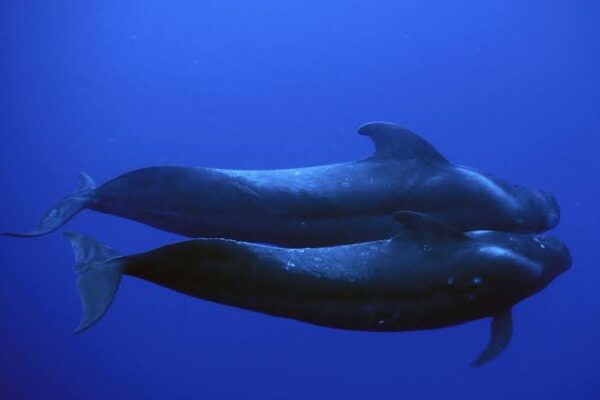A news study published in ‘Science’ says that the scenario is likely even if the world meets its goal of global warming set by the Paris Climate Agreement
RH Staff
January 6
A new study has found that half of the world’s glaciers would melt by the end of the century even if the world meets the optimistic 1.5 degree centigrade global warming goal set out by the Paris Climate Agreement.
The study published in ‘Science’ has further said that 50 percent of this glacial loss will happen in the next three decades.
The researchers of the study ‘Global glacier change in 21st century: Every increase in temperature matters’ say that 45 percent of the earth’s glaciers would disappear even if the world meets its optimistic goal global warming – set at 1.5 degree centigrade by the Paris agreement. It says if the world fails to meet the global warming goals and the world continued with the 2.7 degree centigrade scenario, 68 percent of the world’s glacier’s would disappear by 2100.
The study says that under the 2.7 degree global warming scenario, the glaciers would almost completely disappear from central Europe, western Canada and the US by 2100.
The study says that the glacial melt will significantly contribute to sea level rise and would threaten the supply of water of up to 2 billion people across the world, and increase the risk of natural hazards such as flooding.
“f the global temperatures increase by 1.5degree centigrade, the average sea levels would increase by 90mm (3.5in) from 2015 to 2100,” says the study. The study says that if the global warming happens at 2.7 degree centigrade, the water levels would go up by 115mm of sea level rise.
“The rapidly increasing glacier mass losses as global temperature increases beyond 1.5C stresses the urgency of establishing more ambitious climate pledges to preserve the glaciers in these mountainous regions,” says the study.
The study says that the mountain glacier melt is believed to contribute to more than a third of sea level rise. A lot of this loss is unavoidable, but the magnitude of loss is directly related to temperature increases, so acting on the climate crisis is key. “The rapidly increasing glacier mass losses as global temperature increases beyond 1.5C stresses the urgency of establishing more ambitious climate pledges to preserve the glaciers in these mountainous regions,” reads the research paper.
The study is an outcome of two decades of satellite data to map the planet’s glaciers. While the previous models had relied on measurements of specific glaciers, and that information was then extrapolated, the researchers of this new study have managed to get the data points on each of the planet’s 200,000 glaciers.




